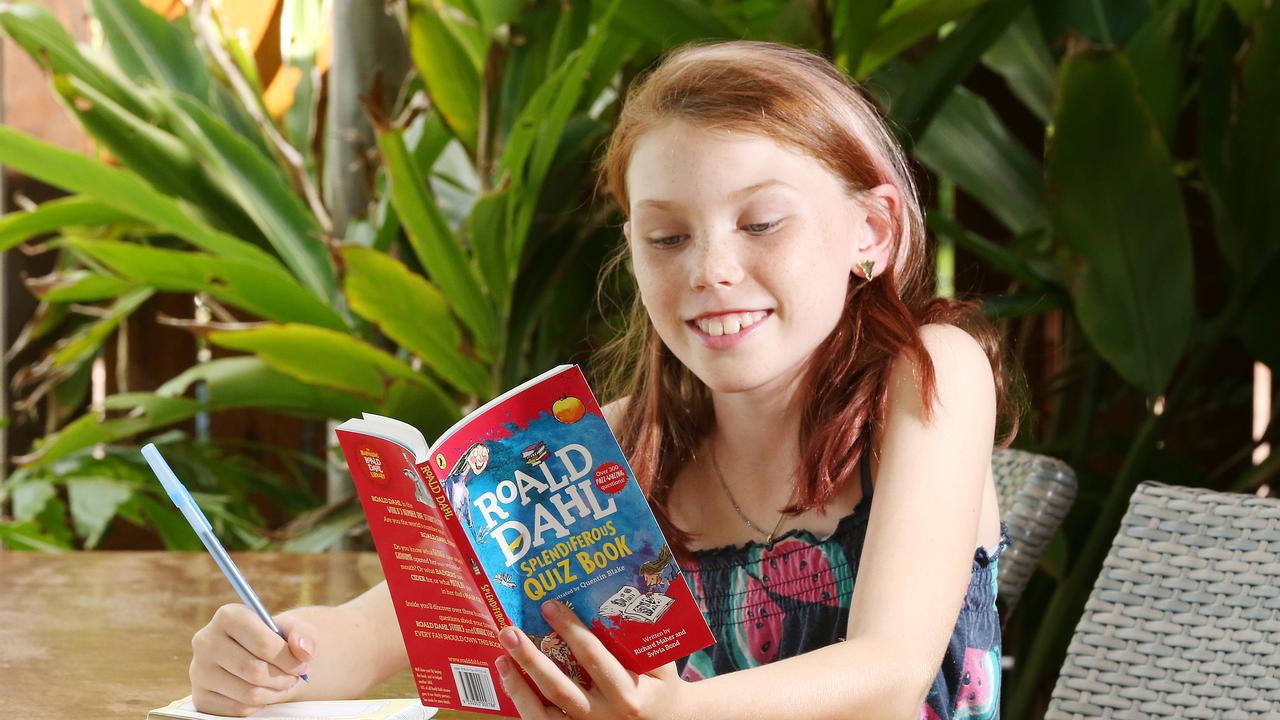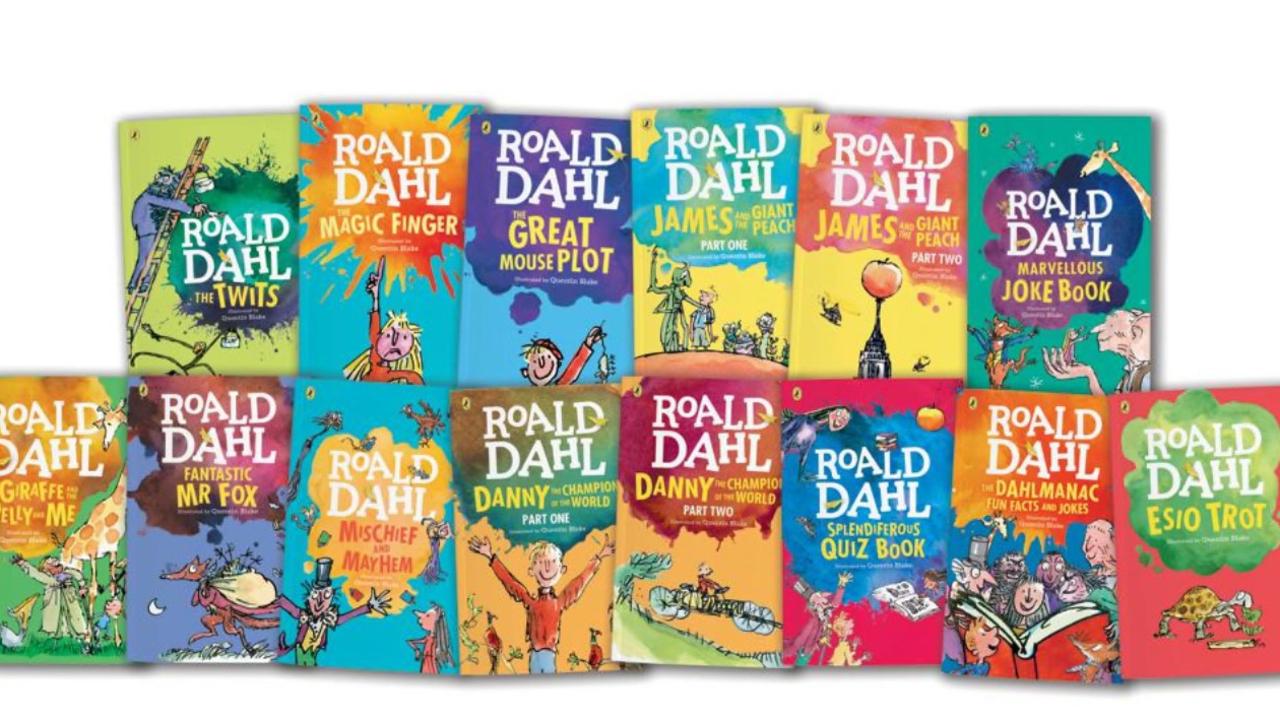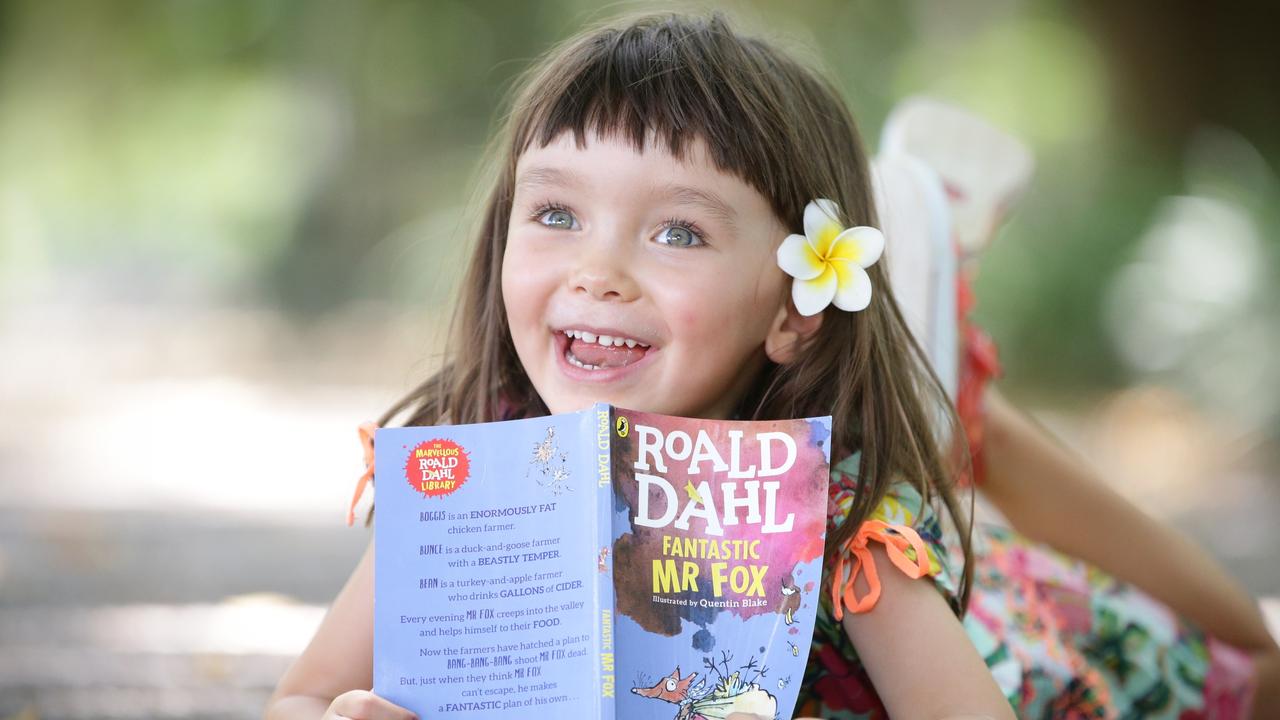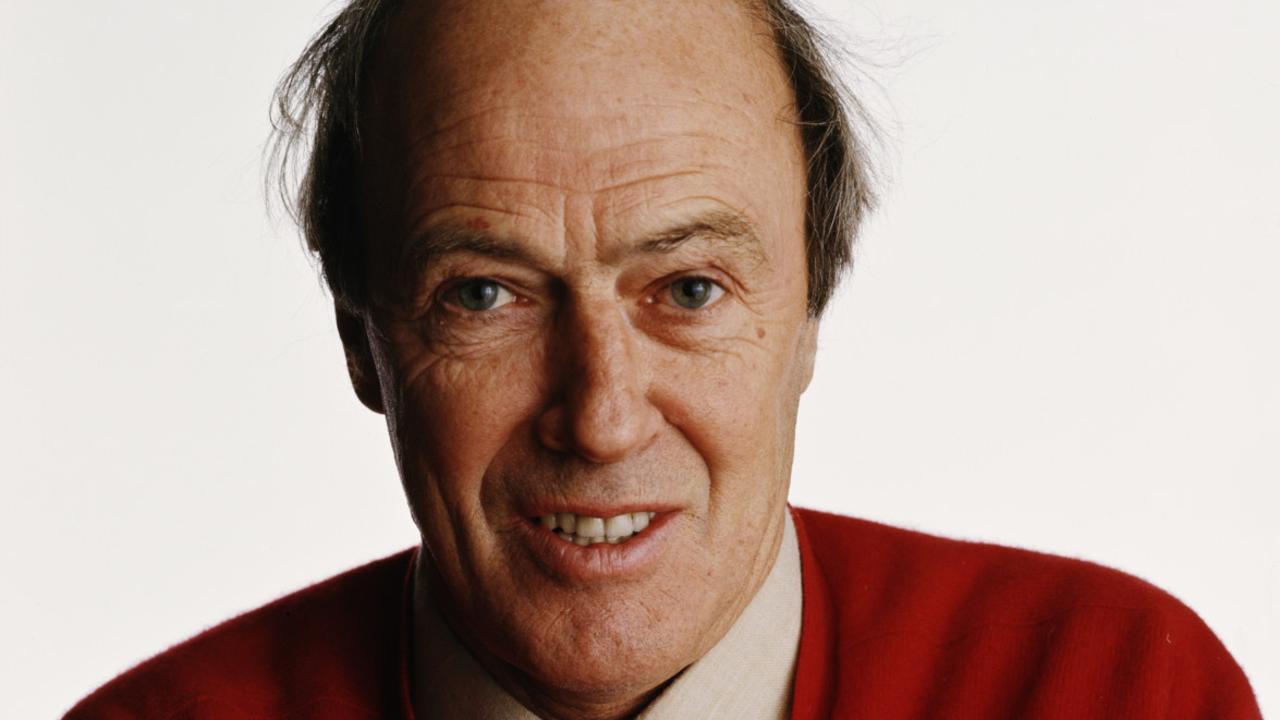‘Offensive’ Roald Dahl classics rewritten by publisher
‘Offensive’ words like ‘ugly’ and ‘fat’ have been removed from many Roald Dahl classics so the books ‘can continue to be enjoyed by all today’.

READING LEVEL: GREEN
Classic children’s books by British author Roald Dahl have been partly rewritten to remove language now deemed* too offensive*.
Parts of stories where people have been called “fat” and “ugly” have been removed from much-loved works, including Matilda, The BFG and James and the Giant Peach.
The Oompa Loompas from Charlie and the Chocolate Factory are also now gender-neutral*.
Puffin, the publisher* of Dahl’s classic works, hired sensitivity readers* to make changes to certain portions of the author’s wording in the UK editions as part of an effort to ensure the books “can continue to be enjoyed by all today”.

British newspaper The Telegraph reported Augustus Gloop, the chubby character featured in Charlie and the Chocolate Factory, is now described as “enormous”, while Mr Twit, a character from The Twits is just “beastly” instead of “ugly and beastly”.
In James and the Giant Peach, Puffin, part of global books giant Penguin Random House, has changed the character of Miss Sponge so she is no longer described* as “the fat one”, Miss Spider’s head is no longer “black” and the Earthworm has given up its “lovely pink” skin for “lovely smooth skin”.

In Dahl’s The Witches, first published in 1983, a paragraph noting that witches are bald beneath their wigs includes a new line that reads: “There are plenty of other reasons why women might wear wigs and there is certainly nothing wrong with that.”
Another passage from The Witches that originally described a “fat little brown mouse” has been changed to “little brown mouse”, reported Fox News.
In Matilda, the description of Mrs Trunchbull’s “great horsey face” has been changed to just “face” and “eight nutty little idiots” now reads “eight nutty little boys”.

The changes also include gender-neutral* language. Charlie and the Chocolate Factory’s Oompa Loompas were once described by Dahl as “small men”, but now they are known in the rewritten books as “small people”. James and the Giant Peach’s Cloud-Men are now Cloud-People.
A notice that sits at the bottom of the copyright page of Dahl’s latest written editions reads: “The wonderful words of Roald Dahl can transport you to different worlds and introduce you to the most marvellous characters. This book was written many years ago, and so we regularly review the language to ensure that it can continue to be enjoyed by all today.”

The Roald Dahl Story Company, which owns the works, has defended* the decision, saying “it’s not unusual to review the language” used in stories of the past and that the changes were “small and carefully considered”.
“We want to ensure Roald Dahl’s wonderful stories and characters continue to be enjoyed by all children today,” a spokesman for the company, which is ultimately* owned by Netflix, told Fox News Digital.
“When publishing new print runs of books written years ago, it’s not unusual to review the language used. Our guiding principle throughout has been to maintain the storylines, characters, and the irreverence and sharp-edged spirit of the original text. Any changes made have been small and carefully considered.”
Roald Dahl died in 1990, aged 74.
GLOSSARY
- deemed: judge something in a particular way
- offensive: causing someone to feel upset and angry, often because of being rude
- gender-neutral: not relating to women or men but people in general
- publisher: a company or person that prepares and issues books, journals, or music for sale
- sensitivity readers: people who read for offensive content
- described: give details about someone or something
- passage: a section of written work
- defended: protect from attack
- ultimately: at the most basic level
- irreverence: a lack of respect for people or things that are generally taken seriously
EXTRA READING
Enter the Junior Journalist competition
Capturing ‘impossible’ scale of quake disaster
Worried about fitting in? You’re not alone
QUICK QUIZ
- Why have parts of some of Roald Dahl’s famous books been changed?
- How is Augustus Gloop from Charlie and the Chocolate Factory now described?
- What Roald Dahl characters have been changed from men to gender-neutral?
- How old was Roald Dahl when he died?
- What company ultimately owns The Roald Dahl Story Company?
LISTEN TO THIS STORY
CLASSROOM ACTIVITIES
1. Word Changes
Do you think these word changes will change the story of these books in a positive or negative way?
Do you think these changes were necessary or should they have been left how they were originally written?
Do you use words such as ‘ugly’ and ‘fat’ in your own stories? Or do you think of nicer ways to describe people or things?
Time: allow 15 minutes to complete this activity
Curriculum Links: English, Personal and social, Critical and creative thinking
2. Extension
Look at the book you are currently reading and read a couple of pages. See if you can find some words that you think could be changed to be more inclusive and less nasty.
Record them below.
Time: allow 15 minutes to complete this activity
Curriculum Links: English, Personal and social, Critical and creative thinking
VCOP ACTIVITY
Offensive or a classic?
How does it make you feel to find out that such classic stories such as Charlie and The Chocolate Factory, Matilda and many others, will be edited as they have been offensive?
Are we taking things too far? Roald Dahl is deceased, so do you think he would have approved of the changes?
If we remove this language from classic stories, will it start to lose the meaning of the text, or the impact it creates with the audience?
Why do you think they are censoring children’s books, but not asking musicians to do the same with their lyrics?
Write an exposition explaining your point of view. Are you for, or against the changes and why?
Remember to use your VCOP skills to re-read the text then edit and up-level for high impact.


